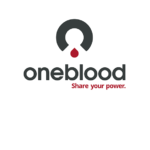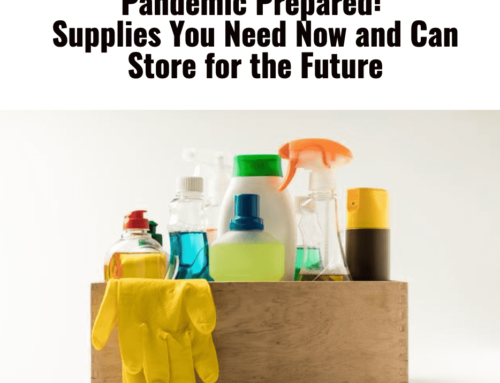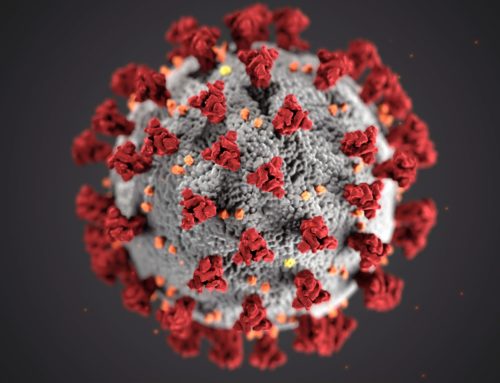Give Blood at Belleair Storage of Florida on November 4, 2019
 Belleair Storage of Florida is hosting a OneBlood Blood Drive Monday, November 4, 2019 from 9:00 AM to 2:00 PM. The Big Red Bus will be on site at 1115 Ponce de Leon Blvd, Belleair, Florida 33756. Find out how you can give blood by reading this article.
Belleair Storage of Florida is hosting a OneBlood Blood Drive Monday, November 4, 2019 from 9:00 AM to 2:00 PM. The Big Red Bus will be on site at 1115 Ponce de Leon Blvd, Belleair, Florida 33756. Find out how you can give blood by reading this article.
Can you Give Blood?
You might believe that you can’t give blood because you have a medical condition or another issue. If this is you, please continue reading this post. There are more reasons why you can give blood than why you can’t. OneBlood will perform a thorough screening to see if you are eligible to give blood. If you are, you could save up to three people’s lives when you give one quart of your blood. In this post, I am debunking some of the myths that surround blood donation.
If you have questions about any of the subjects below, please contact OneBlood for more information.
Anemia/Low Iron
Anemia is a condition in which a person has low iron body reserves. Eating many types of red meat, fortified cereal, and leafy green vegetables may help alleviate anemia. If you are anemic, Call OneBlood to see if you qualify to give blood.
Medication
Many medications may prevent you from giving blood. However, you may still be able to donate while taking drugs in the treatment of non-infectious diseases such as arthritis, chronic pain, gout, etc. If you are taking any medications, Call OneBlood to see if you qualify to give blood.
High Blood Pressure
If your blood pressure is under control, you may still be able to donate blood. Most high blood pressure medications are acceptable. Call OneBlood to see if you qualify to give blood.
Diabetes
If you have diabetes and it is being treated and is under control, you are more than likely able to donate blood. You should let your doctor know that you plan to give blood.
Cancer
If you have localized skin cancer, you should still be able to donate blood. Because many different types of cancers exist, OneBlood will ask you a few questions regarding your diagnosis. In some cases, the blood center medical director may make the final decision based on facts about your diagnosis and treatment. Most often, people who are free of relapse a year after completion of treatment can give blood.
Tattoos and Body Piercing
People who received a tattoo at a state-licensed and regulated facility are now eligible to donate once the area has healed. People who received a tattoo at a non-regulated facility must wait for 12-months before they can give blood. People who received any body piercing done with single-use equipment are now eligible to donate once the area has healed. All other types of piercings require a 12-month wait before you can give blood.
Age
OneBlood welcomes blood donations from donors 16 years old and older. 16-year-old donors, however, must present a signed permission form from their parent or a guardian before giving blood. No one is too old to donate. If you are in good health and qualify for other eligibility guidelines, you can donate blood regardless of your age. We have many regular donors over the age of 80 who give blood!
Travel or Former Residence
Those who lived in the United Kingdom for a total of three months or more from 1980-1996, as well as long term residents in several European countries during that period, are ineligible to donate blood. Several travel locations may cause a one-year delay. Areas included in this delay are some parts of Mexico, China, and the Philippines, as well as tropical areas where malaria is widely spread.
Surgery or Minor Illnesses
Donors are required to feel well at the time of donation. Therefore, if you have a cold, flu, or allergies, it may temporarily prevent you from donating on the designated day. You must wait at least 24 hours before giving blood due to minor surgery, including dental work. Donors should rely on OneBlood’s screening process. Many times the blood center medical director will make the final decision if someone is healthy enough to give blood.
Pregnancy
Pregnant women are not eligible to donate blood. However, they become eligible six weeks after giving birth. Women who are nursing are encouraged to drink plenty of water both before and after donating blood. Because of a medical condition known as TRALI (transfusion-related acute lung injury), blood centers may question women about prior pregnancies. Because pregnancy may cause women to develop antibodies, this question is intended to protect the recipient from being harmed by the donated blood.




